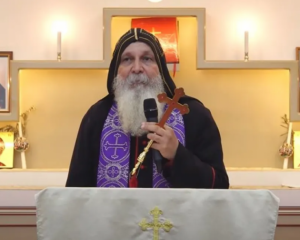The delayed transfer of Andrew Chan and Myuran Sukumaran to an Indonesian island for their execution gives their lawyers critical time to focus on court proceedings.
Bali authorities on Monday declared they would this week take the Australian drug smugglers to Nusakambangan for their execution.
But Tony Spontana, spokesman for Attorney-General HM Prasetyo, on Tuesday admitted the Central Java island wasn't prepared to handle the execution of so many people at once.
"This week, I think we can't do the transfers because the isolation cells and other things are not ready," he told reporters.
Lawyers for the Bali Nine pair had been hoping for a break, as they ready to appear in court next Tuesday.
In a rare move, they are challenging in the administrative court President Joko Widodo's blanket ban on clemency for Chan, Sukumaran and all death row drug offenders.
Barrister Julian McMahon welcomed the delay, however brief.
"It takes away a sense of urgency," he told reporters.
Mr Spontana insists there's no alteration or delay in the plan to execute the drug felons.
He said it would take some time to renovate the cells to accommodate more prisoners.
"And at the same time, we can facilitate the Australian government and convicts' families' request to give more time for them together before they have to go to Nusakambangan."
Foreign Minister Retno Marsudi made a statement late on Tuesday, telling reporters in Jakarta that Indonesia had reached a critical point in its drugs emergency.
She noted the wide media attention on the case of Chan and Sukumaran, and the representations from the Australian government.
"Although we understand the position of the Australian government, it should be underlined that this issue is purely a law enforcement issue," she said.
"A law enforcement against an extraordinary crime. A law enforcement by a sovereign country, Indonesia.
"The decision to enforce the death penalty by the Indonesian courts is not directed toward any country nor national of certain countries, but it is directed to an extraordinary crime."
Ms Retno noted the broad ranging bilateral co-operation, but stressed "relations between two countries should be based on mutual respect and mutual benefit".












